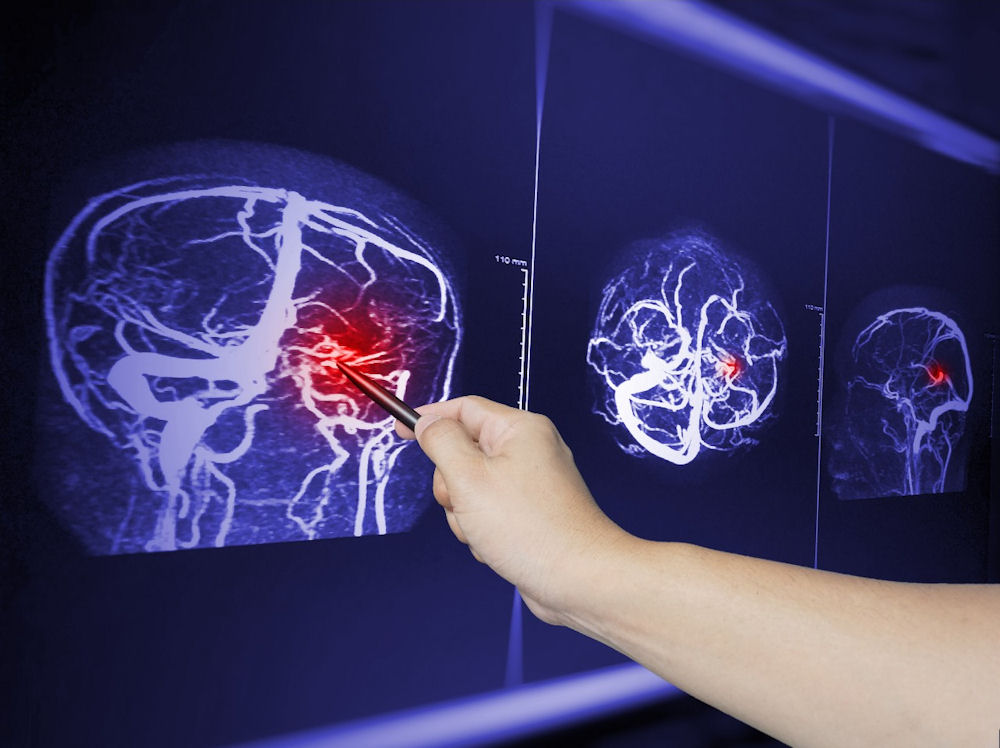Addiction and prolonged substance abuse are the underlying causes of many long-term mental and physical health problems. But can drugs cause a stroke? Recent studies have concluded startling details about drugs’ long-term impacts on neurobiological functions. The information below answers the question “Can drugs cause a stroke?” Here are all the details about strokes and drug-related impacts on the mind and body.
Written by
Dr. Michael DeShields
Posted On:
June 26, 2025













